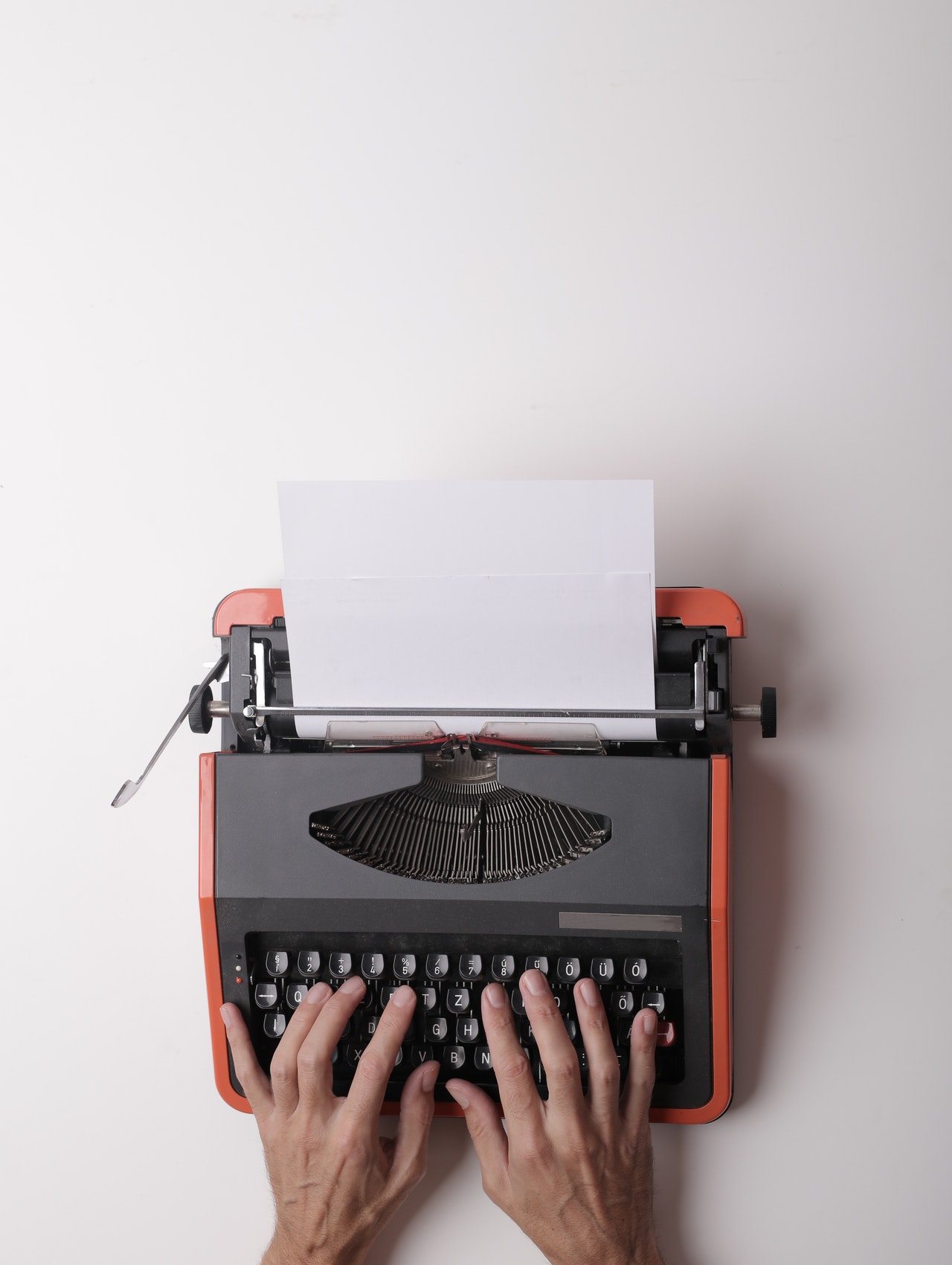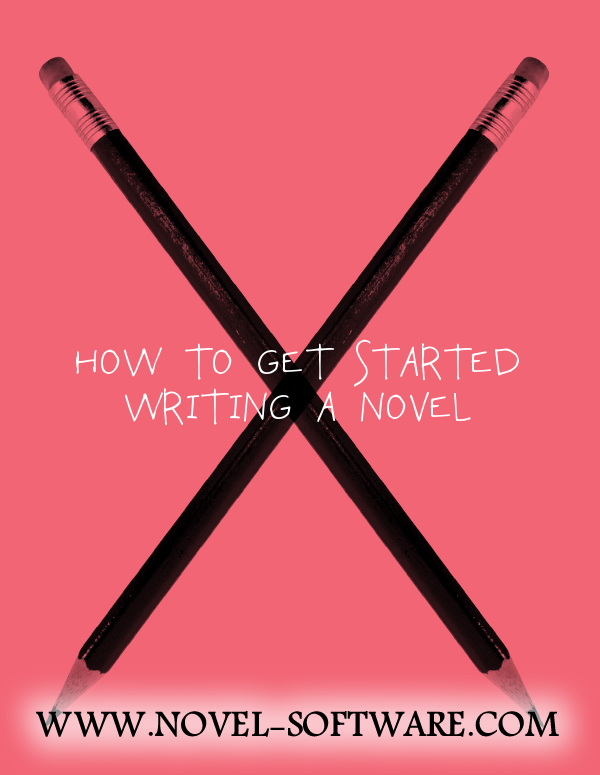
How to get started writing a novel
Getting Started Writing a Novel
A completely unscientific poll we did suggested that getting started is one of the biggest obstacles for novel writers (of course, there’s a bias towards procrastinators who are reading about writing and completing polls rather than getting on with it, but we’ll gloss over that for now).
Now, ‘getting started’ could mean one of two things (or possibly others we haven’t thought of). It could be about getting the idea in the first place, it could be about getting a first draft out once you know what you want to write about.
Our experience is that most writers are bubbling over with ideas that are just dying to get out, so coming up with an idea in the first place is not usually a problem, however, if it is, then there are a few methods you can use to come up with your kernel, which can be expended into a premise and eventually a first draft.
Ways to find inspiration for your novel:
One is to ‘fill out the boxes’ in our premise, including the major story elements of character, situation, objective, opponent and disaster. If you think this might be for you, read the full article here: https://www.novel-software.com/story-premise/
Another is to look for inspiration in the world around you. This could be anything from reading the newspapers (and not just doing the Sudoku), people watching, reading movie synopses or watching real life documentaries. You can read more about these methods here: https://www.novel-software.com/inspiration/
Planners versus Pantsers
Broadly speaking there are two ways to write a novel – the first is by planning everything out in advance, so you know exactly what’s going to happen before you start writing any actual prose. The other way is to just put pen to paper and thrash out a first draft without knowing what’s going to happen or how it’s going to end – writing ‘by the seat of your pants’ – hence, pantsers.
Of course, most people fall somewhere in the middle, such as having a very rough outline or knowing how it’s going to end but nothing else.
Some people already know if they lean towards the Planning or Pantsers camp.
For me, the idea of putting pen to paper without having a clear sense of direction and purpose fills me with horror, as I know I’ll end up writing chapter after chapter of waffelly drivel before painting myself into a corner.
However, I know there are others who are equally perturbed at the idea of planning everything in detail as they feel it destroys their freedom and creativity and takes the adventure out of discovering the story as they go along.
Both ways are equally valid if you can make them work, and if you’re not sure which is for you, then try each and you’ll soon see where you feel comfortable.
Drafts
Whether you’re a Planner or a Pantser, you’re going to need to do several drafts of your novel before it’s of a publishable standard. I would defy anyone to give evidence that any professional writer completes a perfect manuscript first time.
So the absolute strongest advice I can give is to not get hung up on the first draft.
The most important thing is to just get the thing out. Don’t worry if you feel it’s rubbish, redrafting will sort that out, so drop your inhibitions and write clichés, cheesiness, whatever it takes to get that first draft on paper (or screen).
Advice for Planners
My preferred technique for planning a novel is to start with a kernel of an idea and work outwards, putting in more and more detail at each stage. The first thing to start with is a ‘premise’ which is a single line which describes the core of the story. This can be anything you like, but it’s useful if it can include the elements of character, objective, obstacle, situation and possible disaster. So, for example: Can Caleb the dog (character) get past spies, the elements and buried mines (obstacles) to get the warning message to the troops on the frontline (objective and situation) before the enemies destroy them (disaster)?
Once you’ve got those elements in place, you can expand it into a few major plot points, that include setting the scene, the inciting incident, various obstacles (of increasing intensity) and a final climax.
After that you simply keep expanding each sentence into a paragraph until you have a fairly detailed plot. That’s the outline you can use to guide your scene writing.
For much more detail about these steps and more, read our roadmap to writing a novel: https://www.novel-software.com/how-to-write-a-novel/
Advice for Pantsers
As a Planner, I should say that I’m not the best person to be offering advice to Pantsers, but I’m going to offer some tips for beating writers block, that will hopefully help get the words flowing.
The main thing to do is anything to get writing. That could be writing the first thing that comes into your head, no matter how gibberish, even just writing the same word over and over again until boredom drives you to start writing something more interesting.
One way to get over the hurdle of writer’s block is to start a few chapters in (often the pressure of writing the first line can be paralysing).
Setting very small goals can be really helpful, such as not allowing yourself to leave the seat (even to go to the loo) until you’ve written at least 100 words.
If you really can’t get started, then do something physical, whether it’s going to the gym or taking a walk. Getting the blood moving around will stimulate your brain and having a different environment can help inspire ideas.
What do you find is the biggest obstacle to getting started writing a novel? We’d love to hear from you in the comments!

